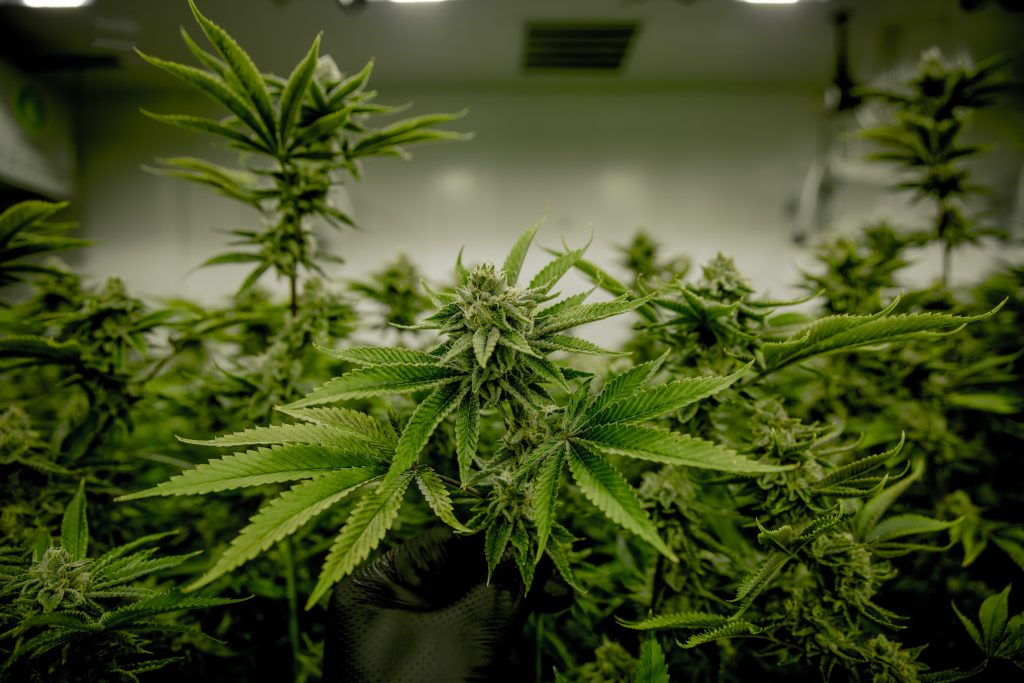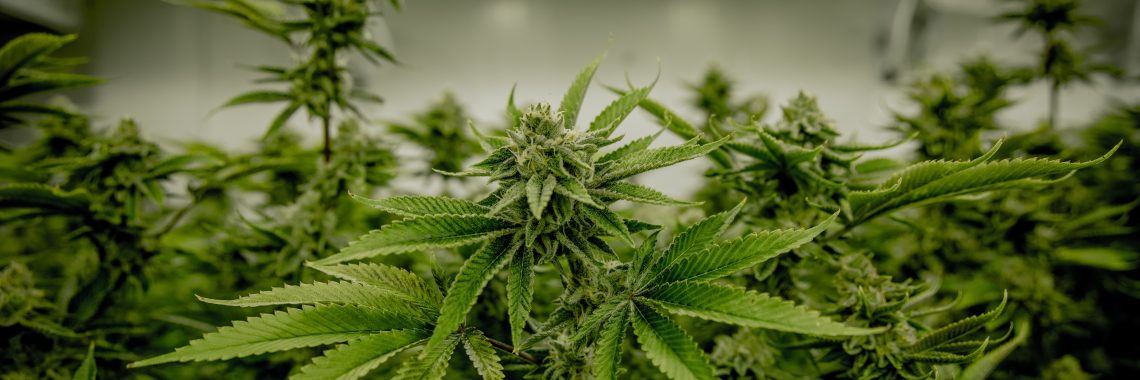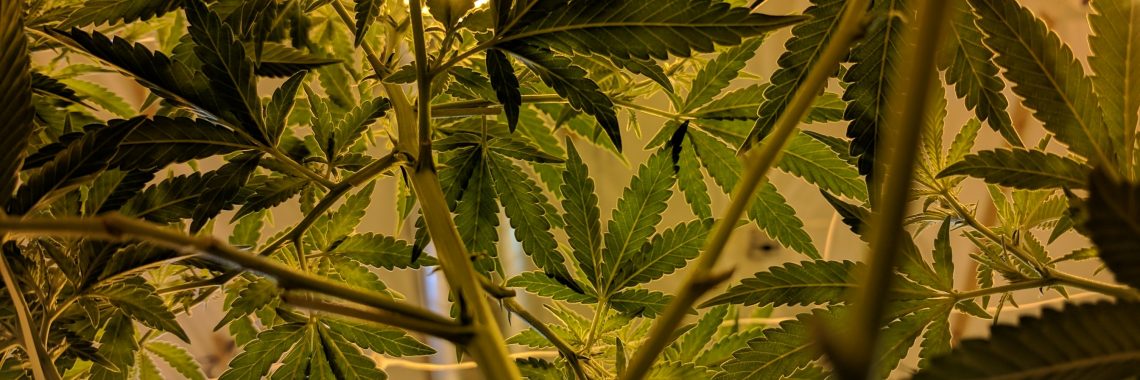Bill Would Address Problem With Marijuana Advertising

On Monday Rep. Delia Haak (R – Gentry) filed H.B. 1353 closing a loophole in Arkansas’ law governing advertising for “medical” marijuana.
Arkansas law generally prohibits marijuana dispensaries and cultivators from using medical symbols on their property.
However, state law doesn’t clearly apply to other forms of marijuana advertising. As a result, billboards and ads for marijuana products around Arkansas sometimes use green crosses or other medical symbols.
H.B. 1353 clarifies the law to say that marijuana dispensaries and cultivators cannot use a cross of any color or other symbols commonly associated with the practice of medicine in their advertisements.
This is a good bill that closes a loophole in Arkansas’ marijuana laws.




